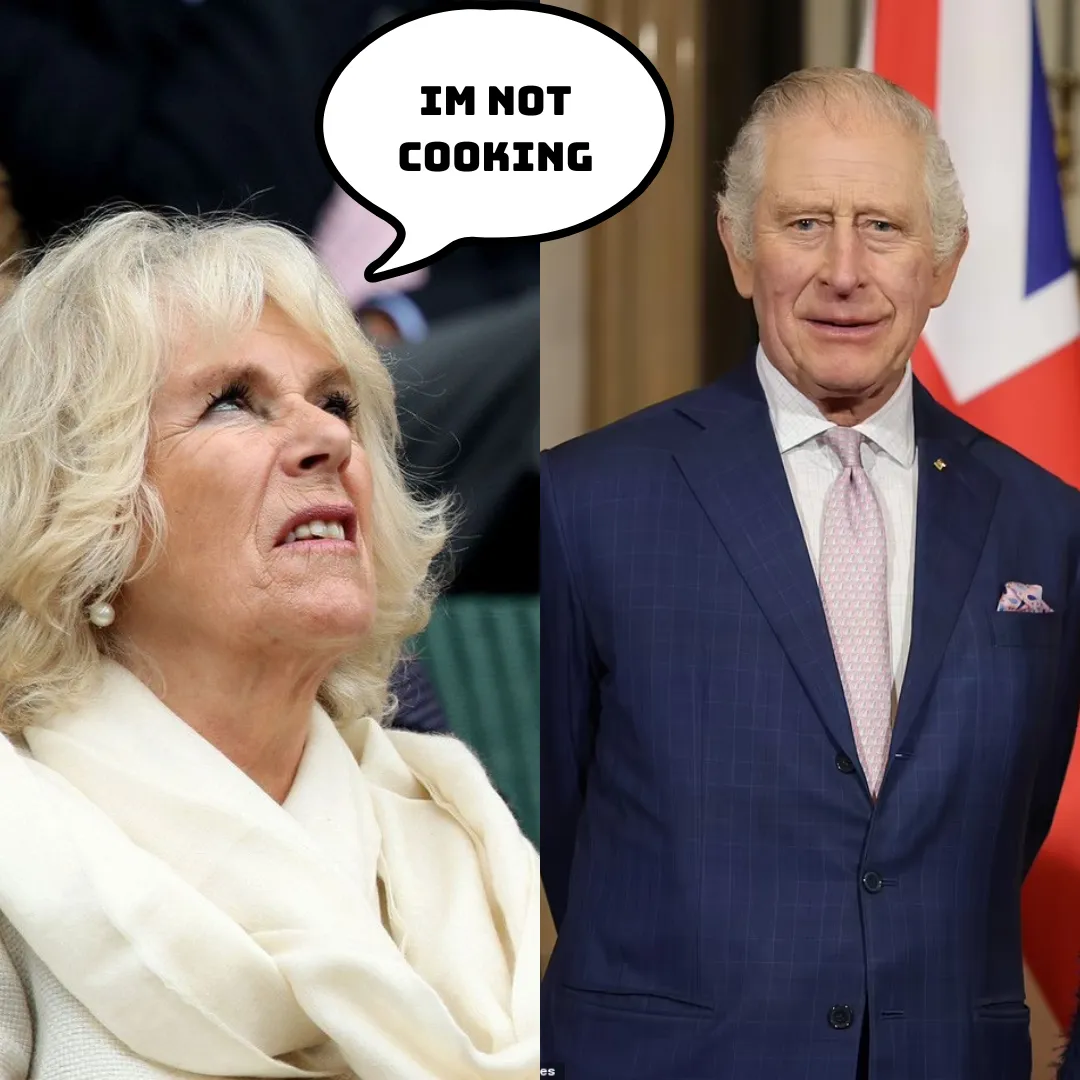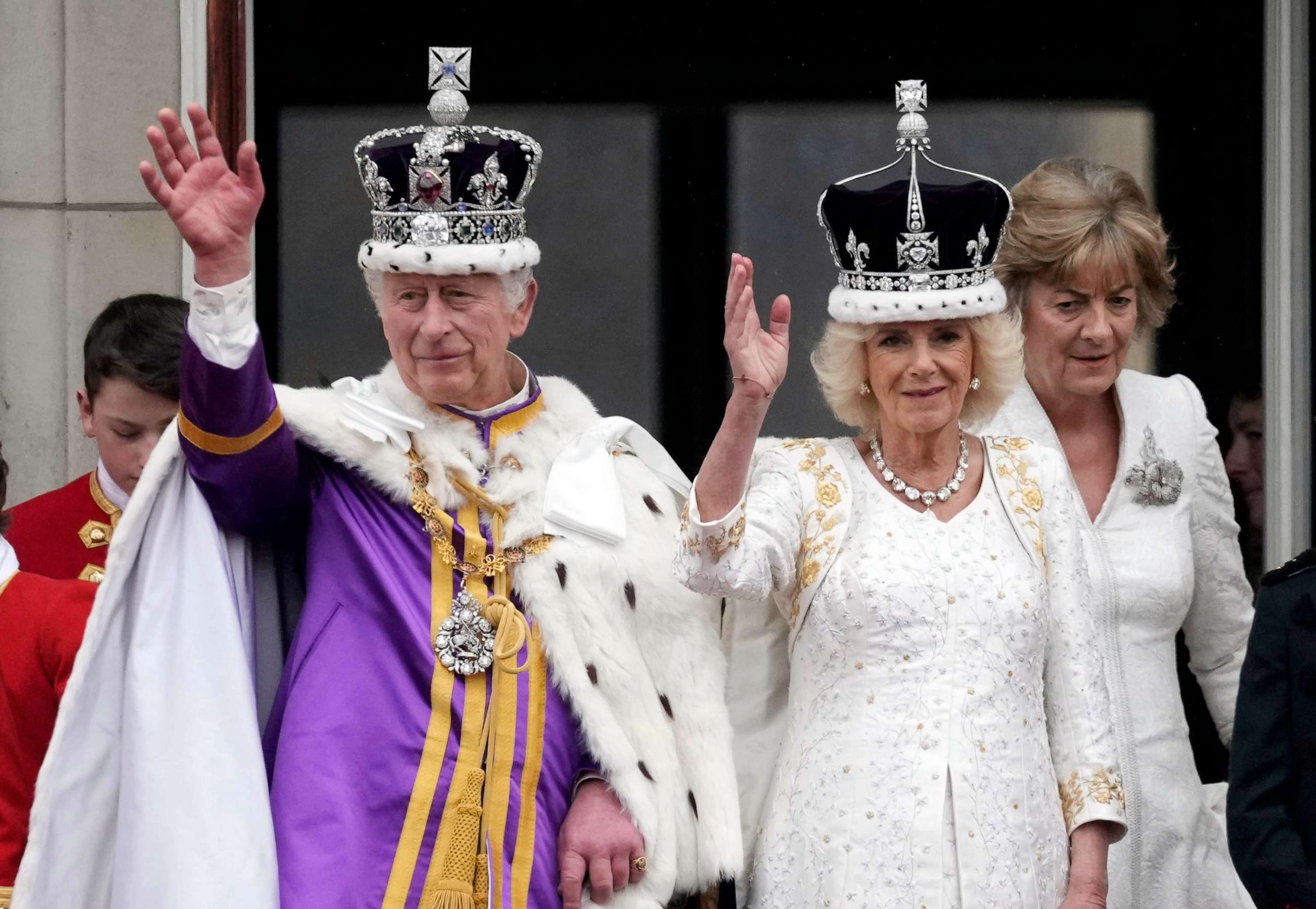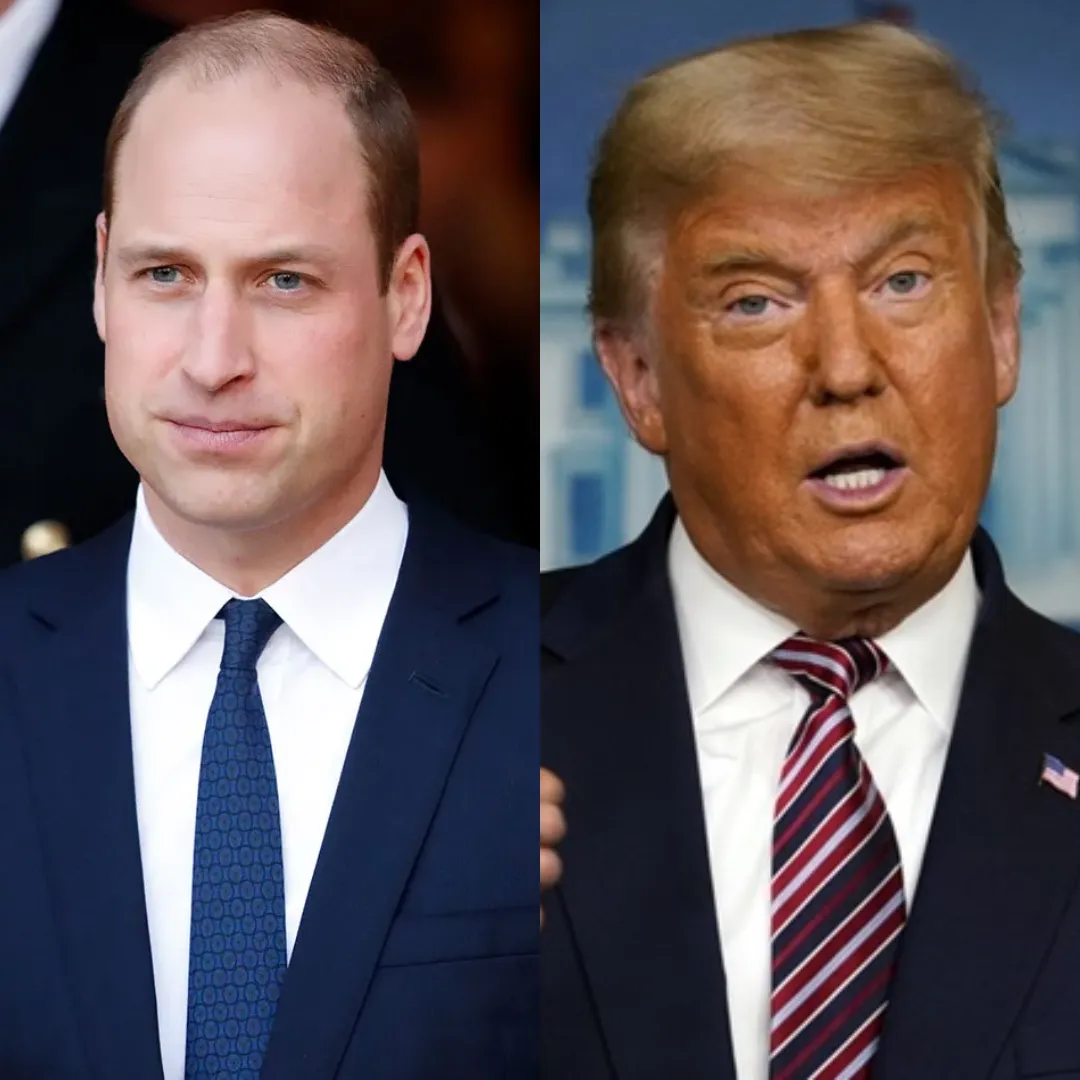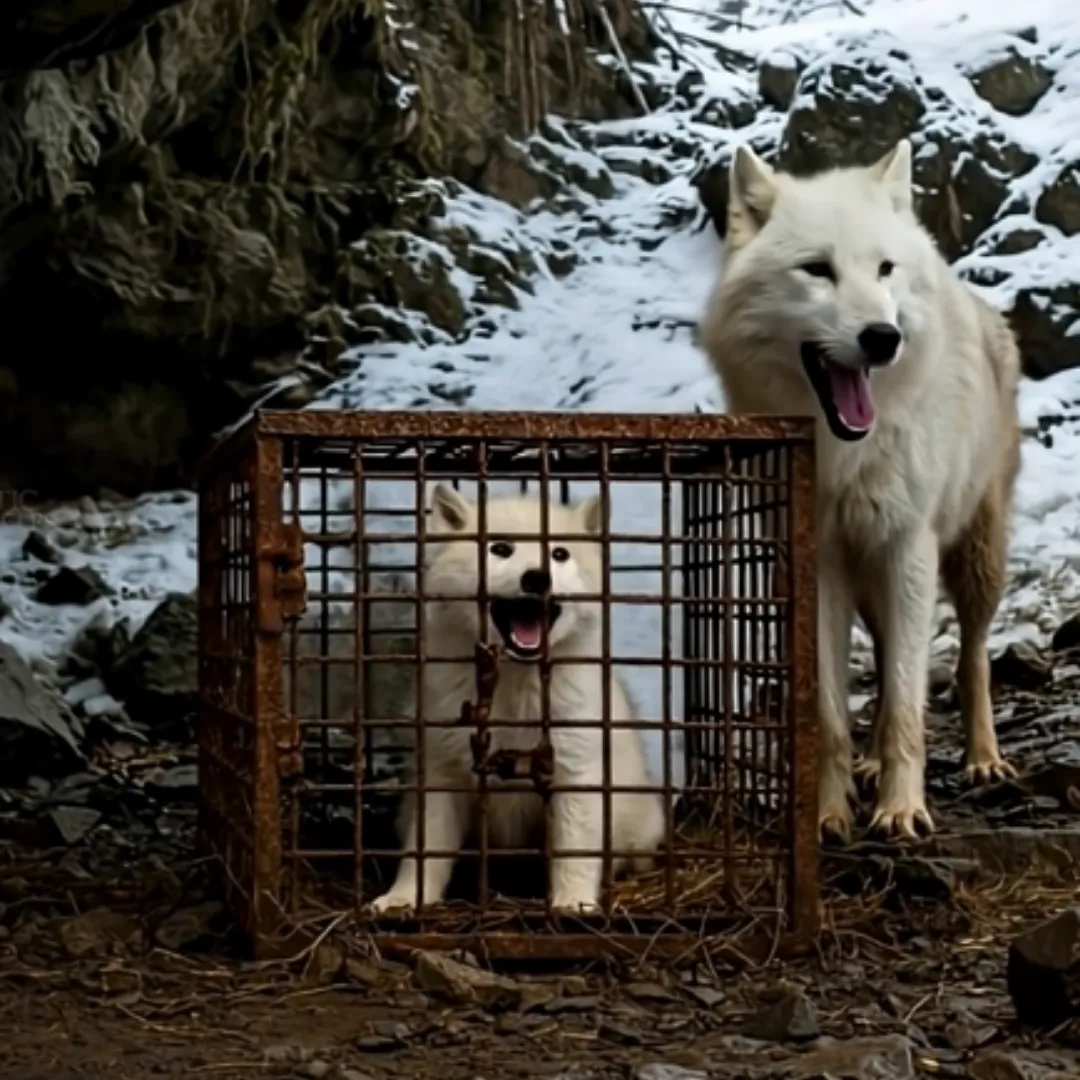Despite being known for her cooking skills, Queen Camilla reportedly leaves meal preparations to the professional chefs at the royal residences rather than personally cooking for King Charles III. This revelation came from her son, food writer and critic Tom Parker Bowles, who recently shared insights into royal dining traditions while promoting his book Cooking & The Crown at Windsor's Castle Hotel.
When asked about his mother’s involvement in the kitchen, Parker Bowles candidly admitted that Queen Camilla does not regularly cook for King Charles.
“I don’t think she cooks for him, I’ll be honest. They have a team of very good chefs,” he revealed.
Although Camilla is known for preparing a mean roast chicken, Parker Bowles suggested that royal dining is a more formal affair rather than a casual home-cooked experience. While many households might be familiar with the phrase, “Honey, I’m home, what’s for dinner?” such informal routines are not part of royal life. Instead, meals at the palace are carefully planned and executed by a team of skilled chefs.
Despite not cooking for the King, Camilla’s son shared some details about Charles’ personal food preferences. He noted that the monarch enjoys simple, high-quality food, such as scrambled eggs and smoked salmon.
“Who doesn’t like scrambled eggs or roast chicken?” Parker Bowles remarked, adding that these are among the King’s favored dishes.
The structured nature of royal dining means that even these seemingly simple meals are prepared with great care. Unlike the spontaneous family dinners enjoyed by many, the Royal Family follows a well-orchestrated dining schedule, where menus are thoughtfully curated, and meals are served with precision.
Beyond personal food preferences, Parker Bowles also spoke about the significant role food plays in diplomacy.
“This is food as soft diplomacy, or souffle diplomacy,” he explained, referring to how royal banquets and formal dinners serve as tools for international relations.
Sharing meals with world leaders is a longstanding tradition within the monarchy. The power of such occasions, he noted, lies in the ability of food to bring people together, whether they be politicians, diplomats, or heads of state.
“It still happens to this day, to bring world leaders, whether it be Mr. Trump or whoever it might be, to sit down and eat together,” he said.
Parker Bowles even referenced former U.S. President Donald Trump, mentioning that Trump is reportedly excited about returning to Britain.
“Great, if it keeps everything peaceful,” he added with a touch of humor.
While discussing royal dining traditions, Parker Bowles also gave a rare glimpse into his personal interactions with his mother. Now that Camilla is Queen, spontaneous visits to Windsor Castle require a bit more coordination than before.
“It takes a bit more planning now… I probably would call or text,” he admitted.
However, modern technology appears to be a slight barrier between them, as Camilla is not a fan of popular messaging apps.
“She can’t do WhatsApp… which is probably a good thing,” Parker Bowles joked, revealing that his mother still relies on an old-fashioned Nokia phone.
Despite her busy schedule, Camilla remains highly attentive to her son’s whereabouts. He humorously noted that she has a sharp awareness of his activities.
“She’s very sort of beady on these things. She would know I was here, and she would say, ‘Come over,’ without a shadow of a doubt,” he said.
Parker Bowles’ lighthearted remarks offer an interesting contrast between the structured world of royal protocol and the personal dynamics within the family. While Queen Camilla may not be whipping up meals in the royal kitchens, she is still very much involved in her family’s lives—whether through traditional means of communication or simply keeping an eye on their movements.
Meanwhile, King Charles’ simple food preferences reflect his down-to-earth nature, despite the grandeur surrounding royal dining. However, as Parker Bowles pointed out, meals in the Royal Family are not just about sustenance—they also play a key role in maintaining diplomatic relations.
With royal dinners carefully crafted for both personal enjoyment and international significance, Queen Camilla’s choice to leave cooking duties to the palace chefs is perhaps a practical one. After all, in a world where food is both a personal pleasure and a political tool, having a team of expert chefs at your disposal is certainly a luxury worth embracing.
As for Parker Bowles, his candid insights into his mother’s habits, his stepfather’s food preferences, and the importance of royal dining traditions continue to provide a fascinating look behind the scenes of Britain’s most famous family.


:max_bytes(150000):strip_icc():focal(741x279:743x281)/Charles-Camilla-040423-02-1-2000-0ad7d2c87fa247ac8fac42fb05c0bbbd.jpg)




